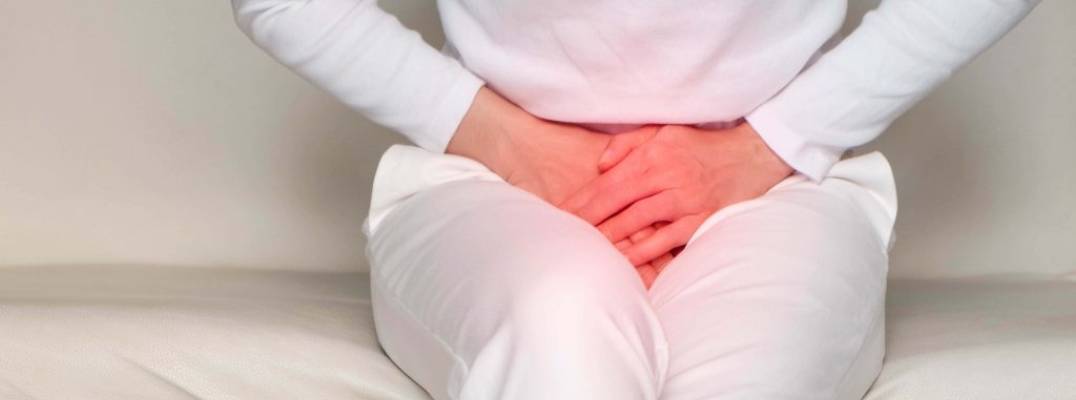Women with urinary incontinence that doesn’t respond to initial treatments may no longer need invasive bladder pressure tests, according to new research. A UK study, published in The Lancet and presented at the European Association of Urology Congress, reveals that Comprehensive Clinical Assessments (CCA) work just as well as invasive urodynamics testing in guiding treatment plans. The findings could spare many women the discomfort of traditional tests while delivering similar outcomes.
The FUTURE Trial, led by researchers at the University of Aberdeen, involved 1,099 women across 63 UK hospitals. Participants had overactive bladder or urge incontinence that didn’t improve with first-line treatments like pelvic floor exercises or medications. Half underwent invasive urodynamics testing alongside CCA, while the other half received only CCA, which includes a medical questionnaire, physical exam, bladder diary, and cough test.
After 15–24 months, both groups reported nearly identical success rates: 23.6% of women in the urodynamics group and 22.7% in the CCA group noted significant improvement in symptoms. Notably, CCA alone led to earlier symptom relief and avoided the discomfort of invasive procedures, which involve catheter insertion to measure bladder pressure.
Professor Mohamed Abdel-Fattah, the study’s lead researcher, emphasized that CCA provides sufficient information for effective treatment planning. “Women no longer have to endure invasive tests to achieve a better quality of life,” he said. The study also found urodynamics testing less cost-effective, exceeding UK health economic thresholds.
Professor Benoit Peyronnet, a urology expert from Rennes University, acknowledged the study’s significance but cautioned: “While CCA is promising, busy clinics may still rely on urodynamics due to time constraints. Longer-term data will be valuable.”
The FUTURE Trial challenges decades-old guidelines by demonstrating that non-invasive assessments can replace uncomfortable urodynamics tests for many women. The findings advocate for a shift in clinical practice, prioritizing patient comfort and cost efficiency without compromising treatment success. Future research will explore long-term outcomes and broader applicability.
